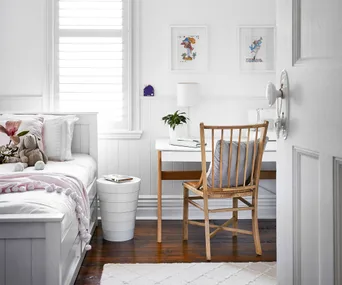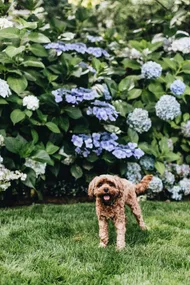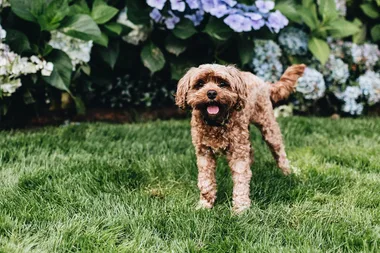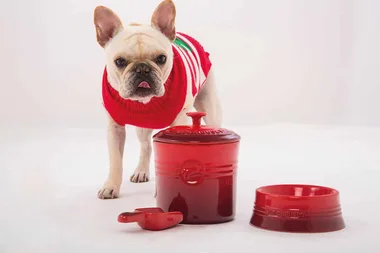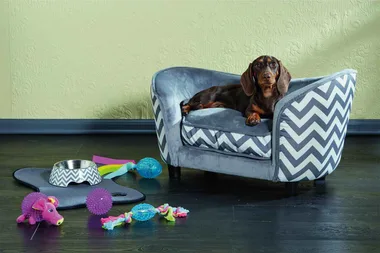Fireworks are spectacular, but also come with loud ‘bangs’ and ‘pops’ that can be scary for family pets. What can you do to ensure their safety?
The Australian Veterinary Association (AVA) is urging pet owners to plan ahead this New Year’s Eve and have a safety plan ready that will protect pets that are frightened by the noise of fireworks.
AVA spokesperson and animal behaviour specialist, Dr Jacqui Ley, said that noise phobias are common in pets. “It’s a medical problem, which is why it’s important for owners to speak to their veterinarian if their animal displays signs of noise phobia,” Dr Ley said.
“Noise phobia is not a training issue, nor is it an obedience problem. It is an overwhelming fear.”
Dr Jacqui Ley, Australian Veterinary Association
The common factor for many noise fears and phobias is that the noises are sudden, unexpected and very loud. Evidence also suggests there could be a genetic predisposition towards being overly sensitive to noises and it’s not just limited to dogs – cats, horses, birds and other animals may all be affected.
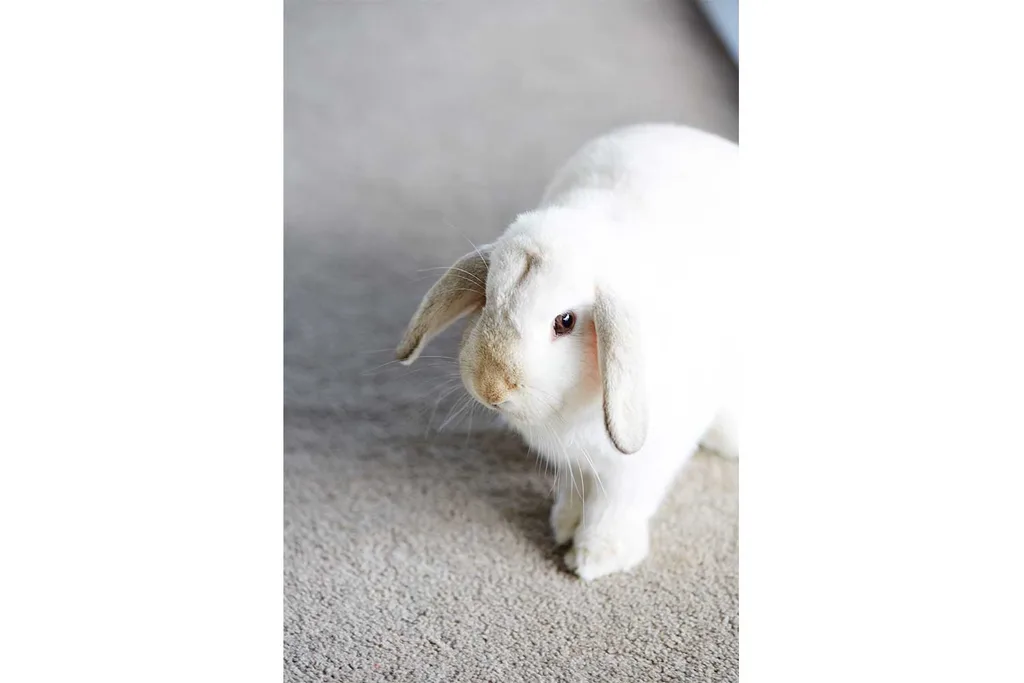
“Owners need to be mindful that while we’re all enjoying fireworks displays, often our pets will be found hiding in a corner or can even cause themselves physical harm as they try to escape.”
Common signs of noise phobia to look for in animals include hiding, seeking the owner and clinging to them, urinating, chewing, panting, pacing, trying to escape, drooling, trembling or shaking and excessive barking. There are also situations where dogs may become destructive, injure themselves or put themselves in harm’s way.
Pet owners should take the following precautions to protect their pets during fireworks:
- keep dogs and cats inside and close all the doors and windows
- prepare a safe and comfortable place like an interior room or under a bed
- allow them to hide if they prefer
- provide toys to help change their emotional state
- consider playing background music or white noise to muffle the noise
- for dogs and cats, pheromone products may help
- for rabbits, guinea pigs, ferrets and birds, bring their cages or hatches inside to a shed or garage. Give them extra bedding to burrow into
- remain calm and positive around horses as they can sense unease. If you know your horse reacts badly to loud noises, consider moving your horse for the night.
“The important thing is to help your animal cope with the noise and to comfort them,” says Dr Ley. “Never punish fearful behaviour as this will only make the situation worse. In some cases, medication is needed to help reduce anxiety in pets and the earlier you seek veterinary help the better.”
 Brigid Arnott
Brigid Arnott
